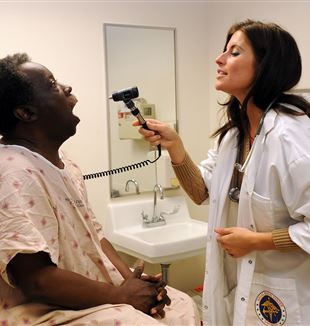
Invited Home
WorldEnrico Grugnetti, the nurse who made a lasting impression at this year’s MedConference in New York, reveals the adventure that begins each time he knocks on a patient’s door,

Enrico Grugnetti, the nurse who made a lasting impression at this year’s MedConference in New York, reveals the adventure that begins each time he knocks on a patient’s door,
He has been living in Erbil since ISIS occupied his city. He sees the faithful begin to lose their trust, and helps them to find a house and gas to cook... "Here and now, it's more important to stay with them than to say the right words."
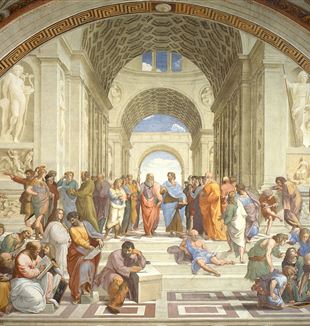
The following is the speech given by Pope Francis to the European Parliament on November 25, 2014.
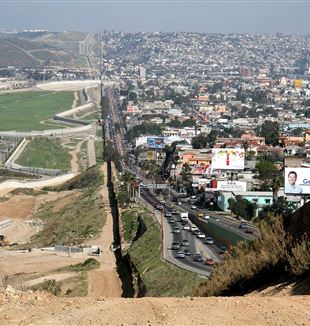
“When a stranger sojourns with you in your land, you shall not do him wrong ... you shall love him as yourself, for you were strangers in the land of Egypt: I am the Lord your God.” Leviticus 19:33-34.
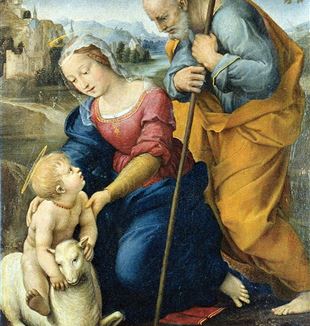
Valentina is a gynecologist who used to do research in England, and now finds herself working in family counseling centers. She has to reckon with many problems: the pill, artificial insemination, sex. Here is what she is discovering.
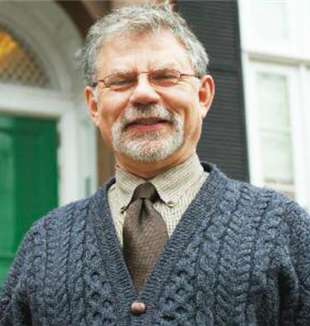
He is one of the greatest jurists in the world, and among those who know Europe best. We asked him to compare himself with the interpretation of modernity as presented by Fr. Julián Carrón.
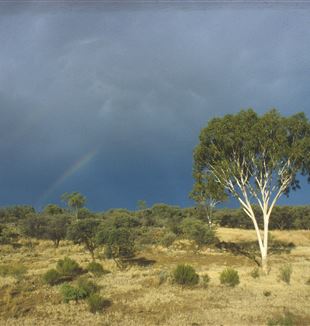
Small, often very young CL communities scattered around Australia and New Zealand – in Ashburton, Perth, Melbourne, and Sidney–tell us about their unexpected visit by Fr. Julián Carrón. A journey of pure friendship, with no official program...

"'Welcoming the stranger' means welcoming all children of God, regardless of their ethnicity, national origin, race or religion." A look at the hardship of the immigration crisis and the struggles on both sides of the border.
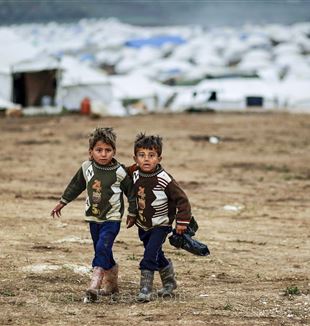
A normal life, at least for a few hours. This is what Abdel wants, when he asks his mother if he can go to school like the other children in the refugee camp.
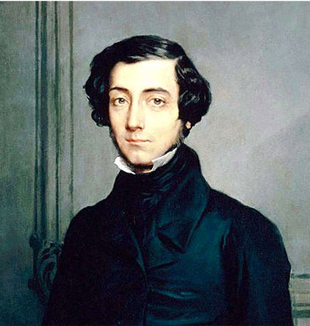
It is almost impossible to talk about the nature of American Politics without referring to Alexis de Tocqueville’s essential work. This essay, “How Democracy Dies,” originally appeared in The American Conservative.
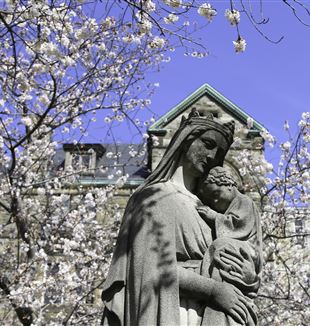
John Garvey, President of the Catholic University of America, discusses the crisis of higher education and how to "rethink the importance and value of education" as a whole in an interview with TracesOnline.

"Francis has been like a magical chord which resonates in the hearts of the Hispanic people." A look at Pope Francis and the Hispanic communities in the United States.
_02-n.jpg)
"The word 'outskirts' summoned us to a responsibility that resides beyond calls to compassion." John Waters tackles how poverty should be approached as he prepares to curate the 2014 Rimini Meeting exhibit, "Generating Beauty."
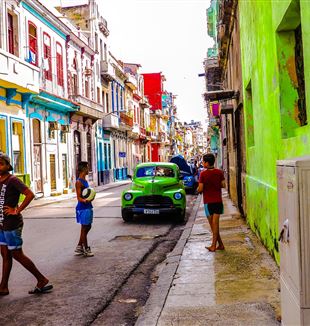
Characterizing the current Cuban life are the struggles, the history, and yet a certainty that still lies within the chaos of it all.
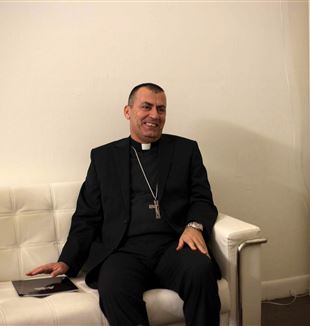
"My sole concern was whether or not it would be possible to complete my role of service as the bishop." We publish an interview with Archbishop Amel Shamon Nona in light of the June 6 attacks on Mosul.
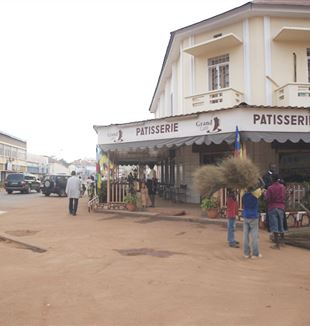
"We are still alive. And then He gives us a great gift: we can live and suffer with them." A look into the capital in Bangui, where the convent of Discalced Carmelites has been turned into a refugee camp.
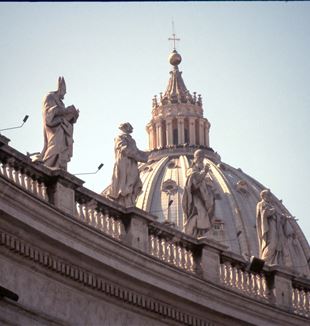
"Among the many shared traits of the two 'Holy Popes' (and the other two present in the square) is the ability to speak to everyone and to meet with anyone who seeks the truth." An in-depth look at the "day of the four popes."
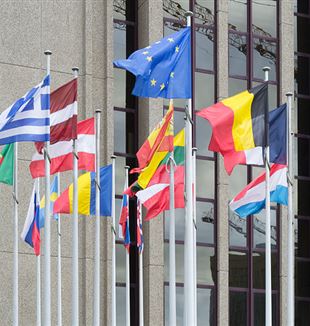
We offer an interview with Fr. Mauro Giuseppe Lepori, General Abbot of the Cistercian Order, on the state of the European Union and the upcoming elections for the European Parliament.
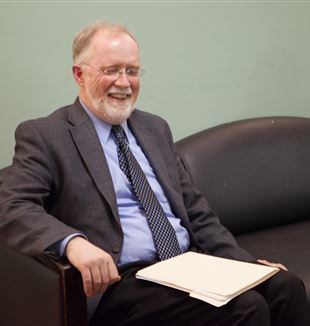
Two years after the publication of "The Vocation of the Business Leader: A Reflection for the Pontifical Council for Justice and Peace," we publish an interview with its co-author, Michael Naughton, on the applicability of the Catholic social tradition.
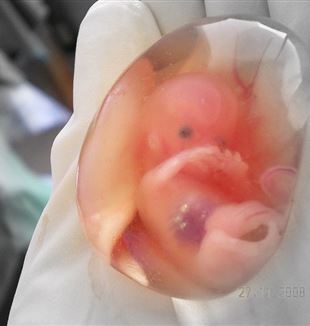
"I know of doctors who decide to become conscientious objectors even after years of performing abortions, because you can do them for a long time, but you never get used to it.”

Traces caught up with Phil Keaggy to explore his approach to life, namely allowing his experiences to inform his work, reflecting his honest embrace of reality.